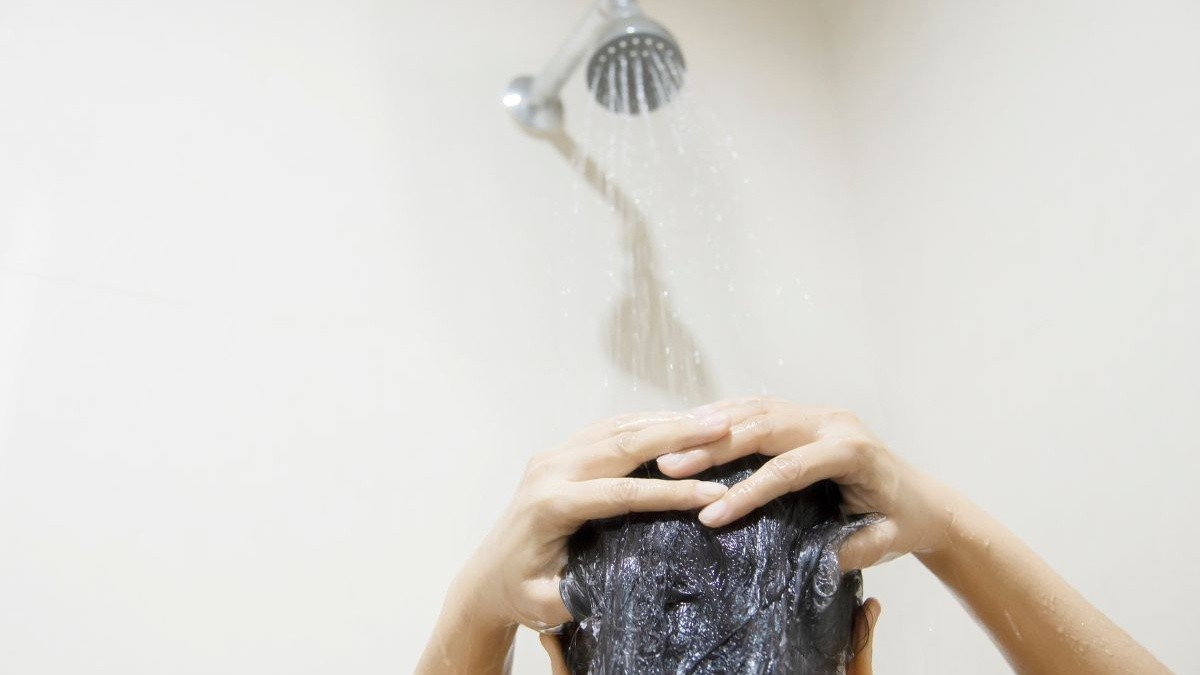Morning or Night? A Scientist Reveals the Most Hygienic Time to Shower

It's one of those age-old questions that sparks endless debates: Is it better to shower in the morning to kickstart your day, or at night to wash away the day's grime? Beyond personal preference for waking up or winding down, is there actually a scientifically "more hygienic" time to step under the spray? A scientist has weighed in, and their insights offer a fresh perspective on this common daily ritual.
"From a purely hygienic standpoint, the answer isn't as simple as 'always morning' or 'always night,' as both have distinct advantages depending on your lifestyle and exposure," explains Dr. Anya Sharma, a dermatologist and microbiologist specializing in skin health. "However, when we consider what our bodies accumulate throughout a typical day and night, one timing often pulls ahead in terms of cleanliness."
Let's break down the scientific reasoning behind why one might be considered more hygienic than the other, and what factors play a role:
The Case for the Evening Shower: The Hygiene Champion
According to Dr. Sharma and other experts, an evening shower often takes the lead for overall hygiene, primarily because of what it removes from your body before you get into bed.
Washing Away the Day's Accumulation: Throughout the day, our skin acts as a barrier, collecting a surprising array of external particles:
Allergens: Pollen, dust mites, pet dander – especially if you've been outdoors or around animals. Getting into bed with these allergens on your skin and hair can transfer them to your sheets, exacerbating allergies or asthma during the night.
Pollutants: Micro-pollutants from the air, smoke, or environmental toxins can settle on skin and hair.
Sweat and Oil: Even if you haven't worked out, daily activities lead to sweat and oil buildup, which can clog pores and lead to breakouts, especially on the back and chest.
Bacteria and Germs: We come into contact with countless surfaces and people throughout the day, accumulating bacteria and germs.
Protecting Your Sleep Environment: Showering at night prevents transferring all this accumulated grime, allergens, and bacteria onto your bedsheets, keeping your sleeping environment cleaner for longer. This is particularly important for individuals with sensitive skin, acne, or allergies.
Skin Health and Clogged Pores: Removing makeup, dirt, and excess oil before bed allows your skin to breathe and regenerate more effectively overnight, reducing the risk of breakouts and irritation.
The Case for the Morning Shower: A Refreshing Start (But Less About Deep Hygiene)
While a morning shower might make you feel invigorated and alert, its primary benefits lean more towards psychological invigoration and light cleansing rather than deep hygiene.
Washing Away Nighttime Accumulation: During the night, we do produce sweat and oils, and skin cells shed. A morning shower effectively washes these away, leaving you feeling fresh.
Waking Up: The cool water can stimulate circulation and help you feel more alert and ready for the day.
Styling Hair/Makeup: For some, it's essential for styling hair or applying makeup on clean skin.
When a Morning Shower Becomes More Hygienic:
There are specific scenarios where a morning shower is highly recommended for hygiene:
Heavy Night Sweats: If you tend to sweat profusely during the night.
Post-Workout Mornings: If you exercise first thing in the morning.
Acne-Prone Skin (Night Sweats): If you experience breakouts on your body that are exacerbated by night sweating.
The Verdict: A Nightly Rinse for Overall Cleanliness
While personal routines and preferences are important, from a purely hygienic perspective aimed at minimizing the transfer of accumulated dirt, allergens, and pollutants to your bed, and ensuring optimal skin health, an evening shower generally offers superior benefits. It ensures you go to bed clean and wake up in a cleaner environment.
Of course, a quick morning rinse can still be refreshing. Ultimately, the most important thing is to shower regularly and thoroughly, using appropriate soaps and water temperatures for your skin type. But if you're looking for that extra hygienic edge, letting the day's grime go down the drain before you hit the hay is a scientifically sound strategy.
Post a Comment